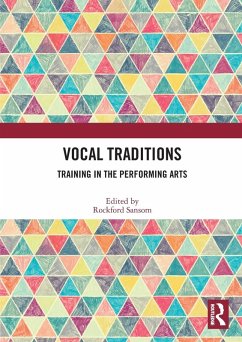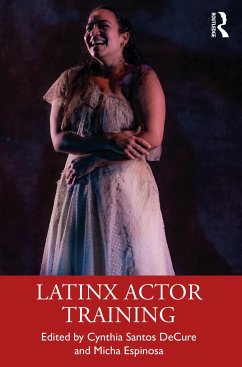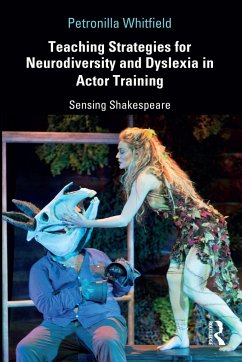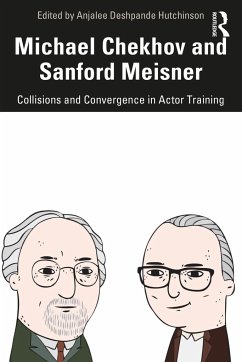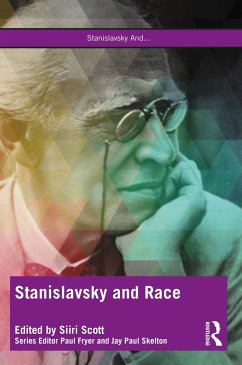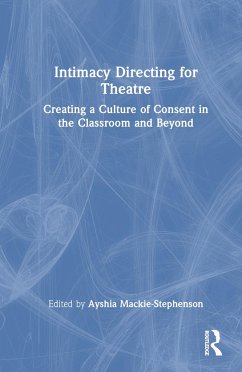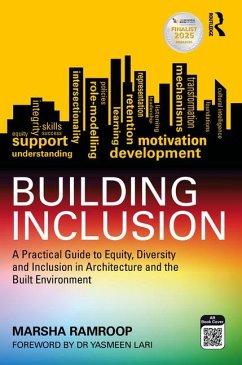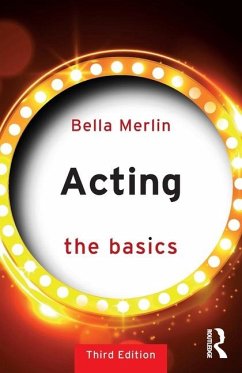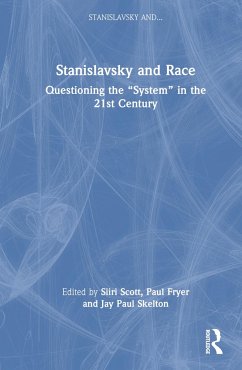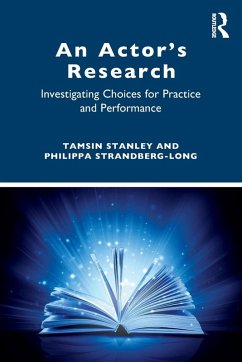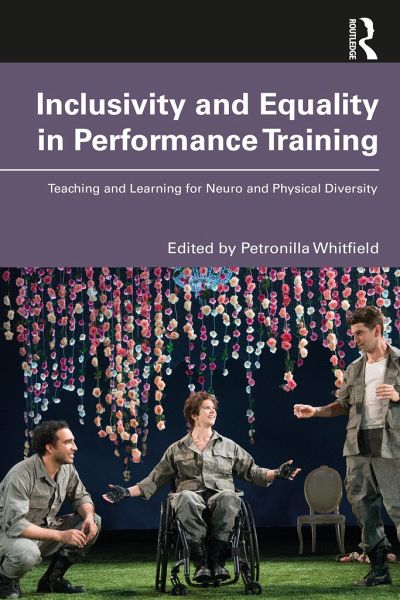
Inclusivity and Equality in Performance Training
Teaching and Learning for Neuro and Physical Diversity
Herausgeber: Whitfield, Petronilla
Versandkostenfrei!
Versandfertig in 1-2 Wochen
44,99 €
inkl. MwSt.

PAYBACK Punkte
22 °P sammeln!
Inclusivity and Equality in Performance Training focuses on neuro and physical difference and dis/ability in the teaching of performance and associated studies. It offers nineteen practitionersâ research-based teaching strategies, aimed to enhance equality of opportunity and individual abilities in performance education.





